Commentary
In discussing what policy governance calls “community linkage,” it was revealed that the board’s “owners” under policy governance are voters. That is to whom the board is responsible and whom they purportedly should engage. Under this frame, the people most impacted by the decisions the board makes and the policies it dictates – students, families, teachers, administrators, other employees of the district, charter and zone partners, etc. – are not the folks to whom the board is accountable.
The Denver Public Schools board threw a big bone to the Denver Classroom Teachers Association last month by proposing to strip the school district’s 52 innovation schools of freedoms they’ve enjoyed from the teachers union contract.
Two years ago I never would have imagined I’d be playing a role in bringing an outstanding school to my community in Commerce City.
We grieve the eternal promotion of another community servant, Ricardo Martinez, who with his wife Pam, built the powerful coalition Padres y Jóvenes Unidos, known today as Movimiento Poder.
Give the Denver Public Schools board credit for approving contract renewals for 16 public charter schools last week. Unfortunately, a couple of board members cast their votes while spreading misinformation.
There has never been a more important time than now to re-evaluate our approach to education. We owe it to our children and families to embrace systemic change, not just incrementalism.
Because Blacks have been disparately treated in DPS for decades, true equity requires an abundance of resources to be distributed to the Black community to address these systemic inequities.
Denver’s new school board got off to a bad start today by declining to livestream its first-ever meeting, a daylong retreat, despite positioning itself as the most community-responsive group of individuals ever to hold board seats.
Sharon’s life reflected a lifelong commitment to educational equity and quality education, particularly for African American students.
I will never forget Dr. Bailey’s dogged persistence advocating for an issue she deeply believed in, and the moral force of not only her arguments, but her mere presence in meetings.

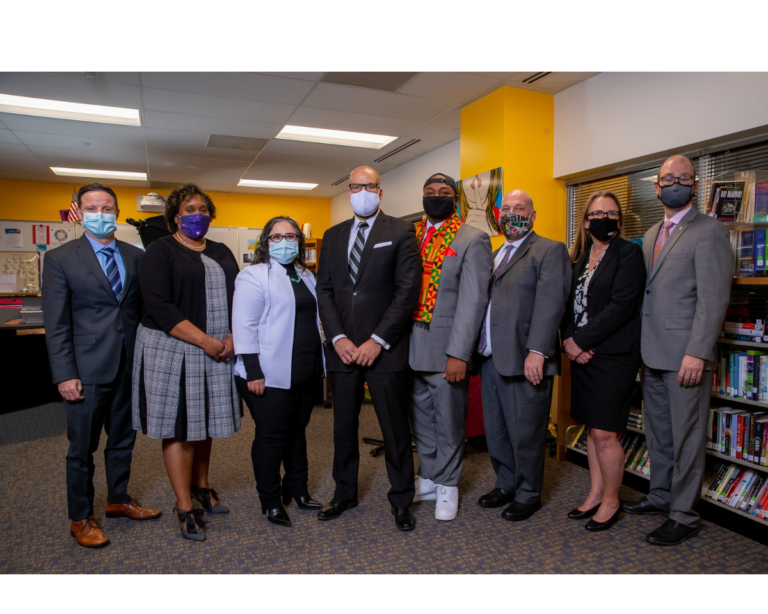
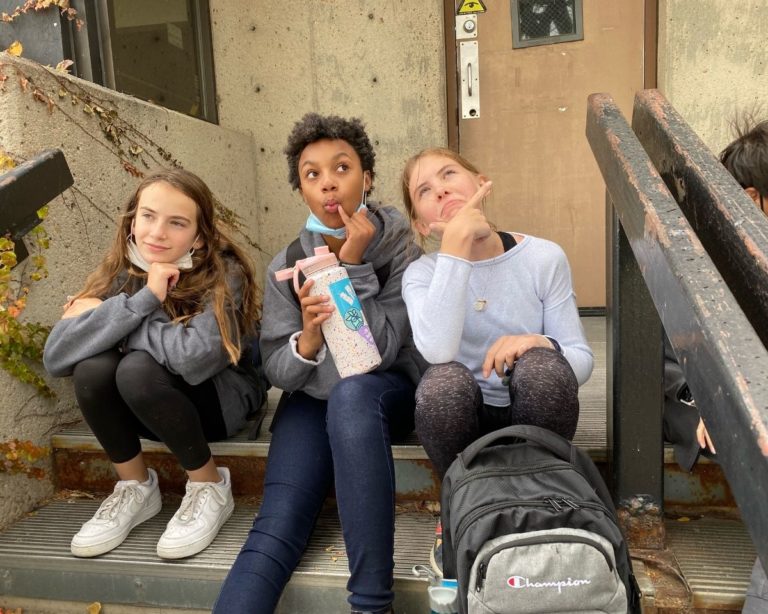
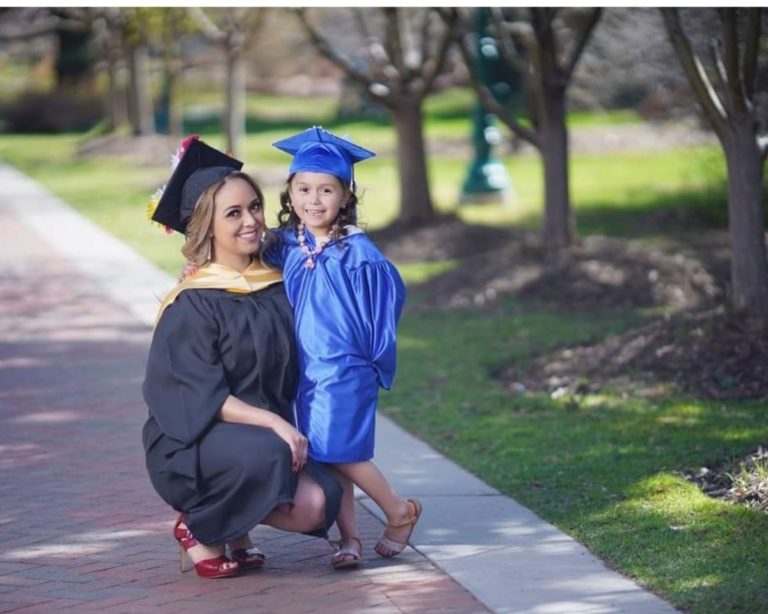
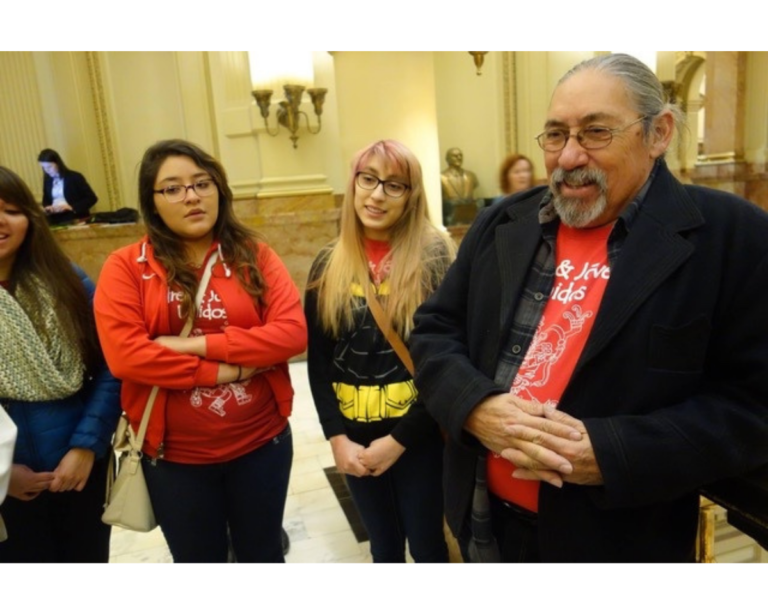
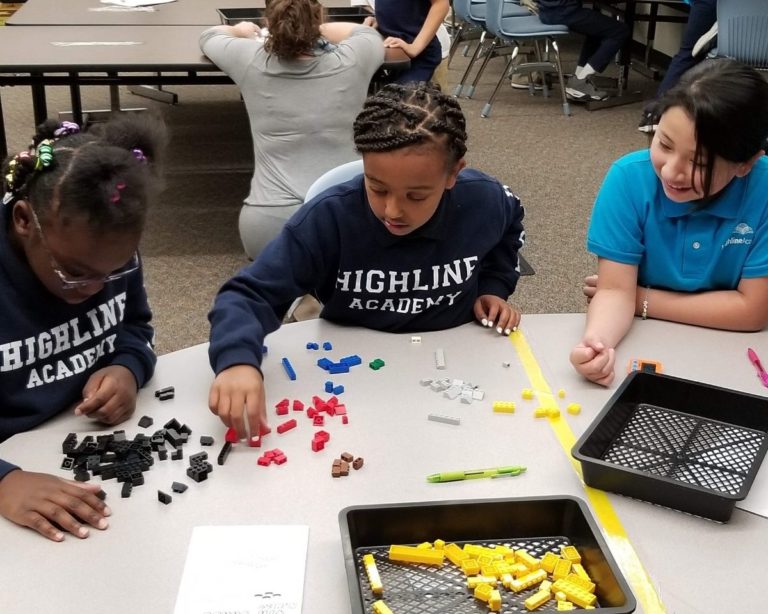
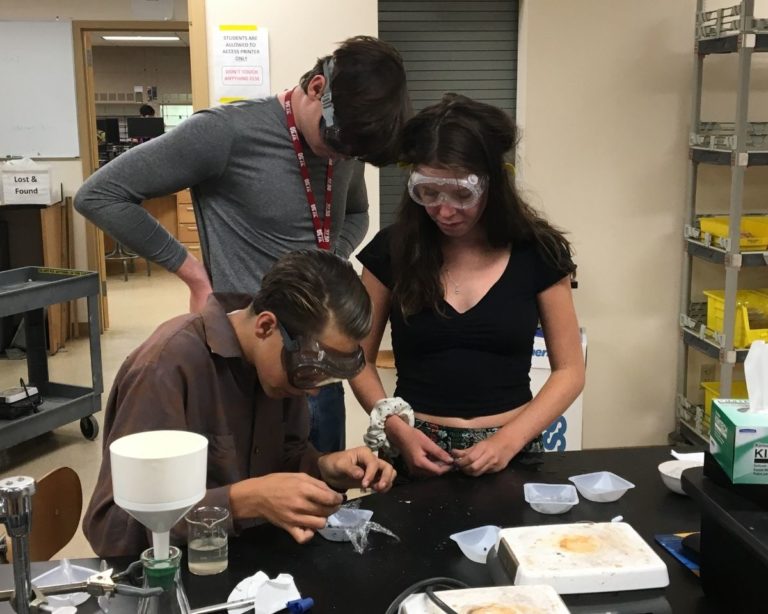
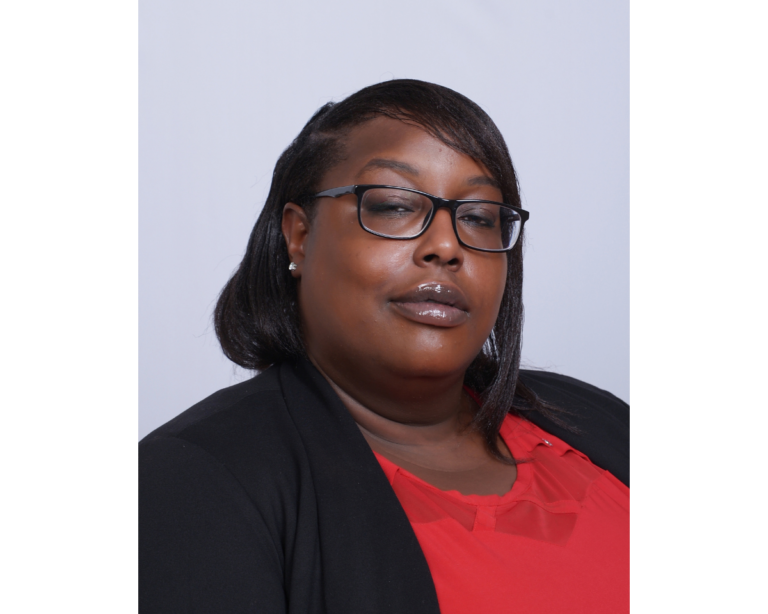
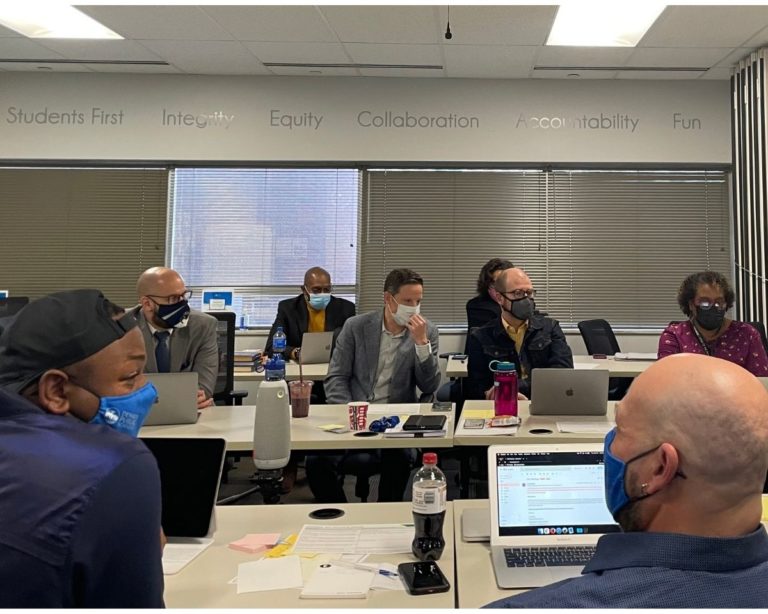
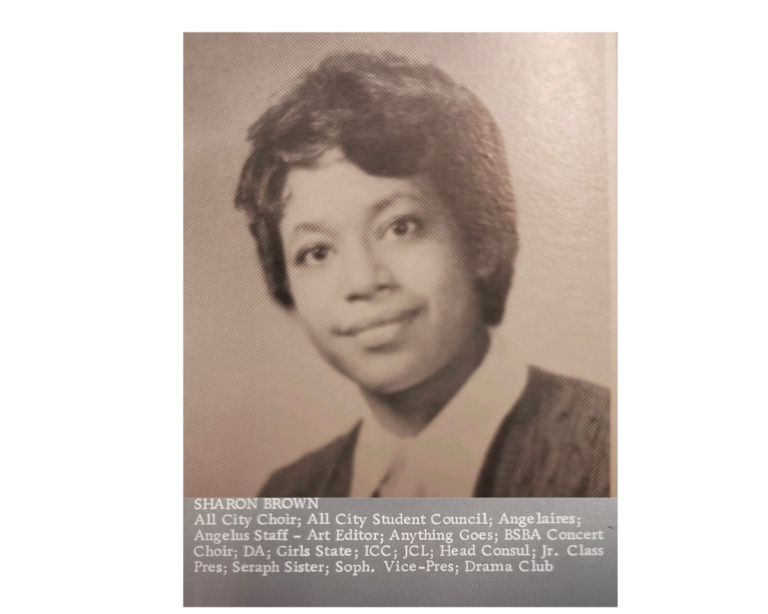
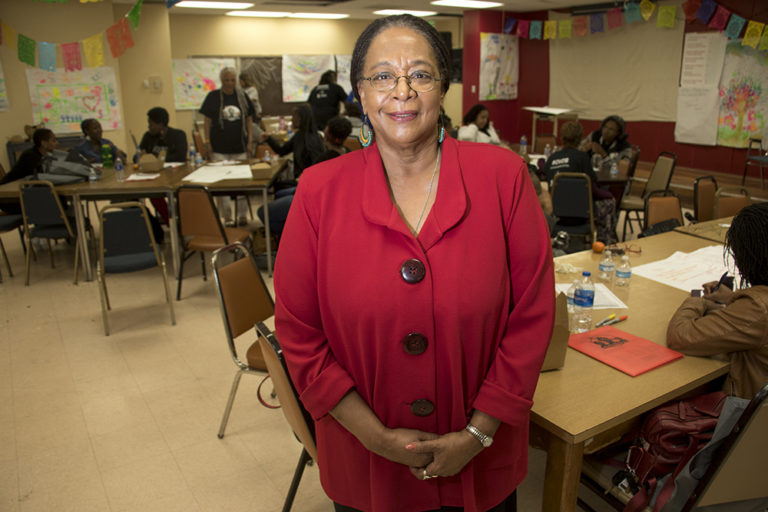

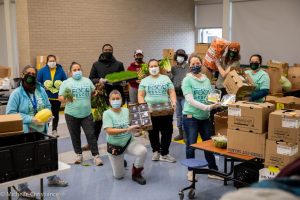


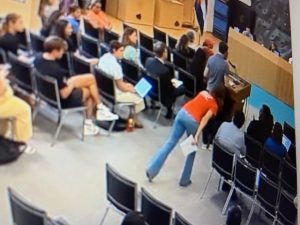


The Denver school board’s Dec. 12 executive session was legal? Not so fast!
The Denver school board “blatantly violated” the Colorado Open Meetings law on Dec. 12 by not specifically publishing in its official meeting notice that the executive session discussion focused on board member John Youngquist’s request for reimbursement for penalties levied against him by the state pension fund, Colorado’s top media lawyer Steve Zansberg said Sunday. The notice language was far more general, depriving the public of information it was entitled to know, Zansberg said.